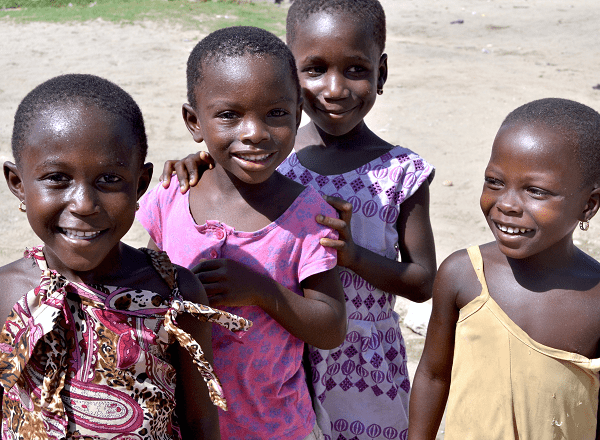
Should children be exposed to only one language?
Ghana, like most African countries, is a multilingual society. Multilingualism is defined as the use of two or more languages, either by an individual speaker or by a community of speakers.
Multilingual speakers outnumber monolingual speakers in the world's population. Multilingualism is becoming a social phenomenon governed by the needs of globalisation and cultural openness.
It is estimated that Ghana has between 40 to 80 languages.
However, in certain cities in Ghana, it is quite common these days to meet children who speak only one language. This language often happens to be none other than our official language, English (or should we say our version of the Queen’s English, Ghanaian English). Parents have so many misconceptions about multilingualism.
Parents often say that the reason why they expose their children to only English is for them to be fluent speakers of it and also for them to have a fair chance in the ever evolving global village our world has become. For some parents, their reason for their children being exposed to only English, is for the presumed ‘prestige’ that it carries. These parents obviously have their mother tongue but choose not to teach their children.
They believe that English is enough and see no reason why the child must learn their parents’ mother tongue. Sadly, this misconception about using English as the child’s home language has been embraced by many, especially in the big cities. One wonders, how they expect these children to interact with their grandparents or other family members who do not speak English.
Ironically, these children grow and then begin to attend language classes etc. to learn their parents’ language to reverse this situation.
Why you should teach your child more than one language
• Research shows that the better a child learns their family language, the easier it is to learn other languages later.
• Children who are exposed to more than one language are able to communicate with their wider family and community.
• Growing up with more than one language helps children to value and share their family culture and traditions.
• Learning more than one language helps children’s thinking and learning abilities.
How to help your child to learn your language
• Right from pregnancy, talk to the unborn baby in your language as they can hear your voice and sound patterns of your language.
• Talk to your child in your mother tongue and encourage them to speak back using same.
• Tell your child fun stories in your language.
• Expose them to events, shows, television programs and songs in that language.
• Give rewards to your child when he/she makes more effort to use your language.
• Teach your child rhymes and songs in your language. They are a great way to learn words in a language.
• Encourage other family members to talk to your child in your native language. Create the opportunity for them to build relationships with your parents, siblings, cousins etc. in order to motivate them to learn your mother tongue.
Most children will learn the (country’s) official language when they start school. It is therefore advisable to teach your child your own language.
Helping your child to learn your mother tongue, actually serves as a good foundation for your child to learn English or a second language when they start school. Other advantages include; developing critical thinking skills as well as skills needed for good organisation, planning, memory, multitasking, controlling emotions and behaviour and problem solving. It is important to note that children have the gift to learn more than one language. Let us not limit them!
The writers are speech & language Therapists
